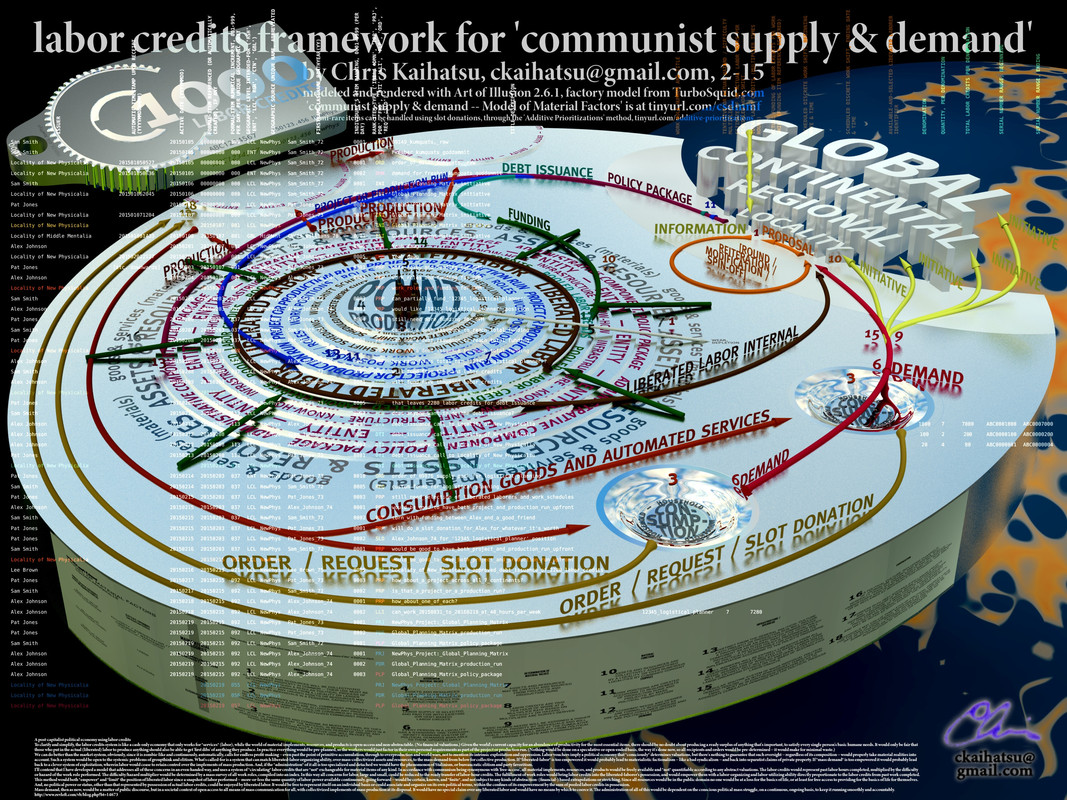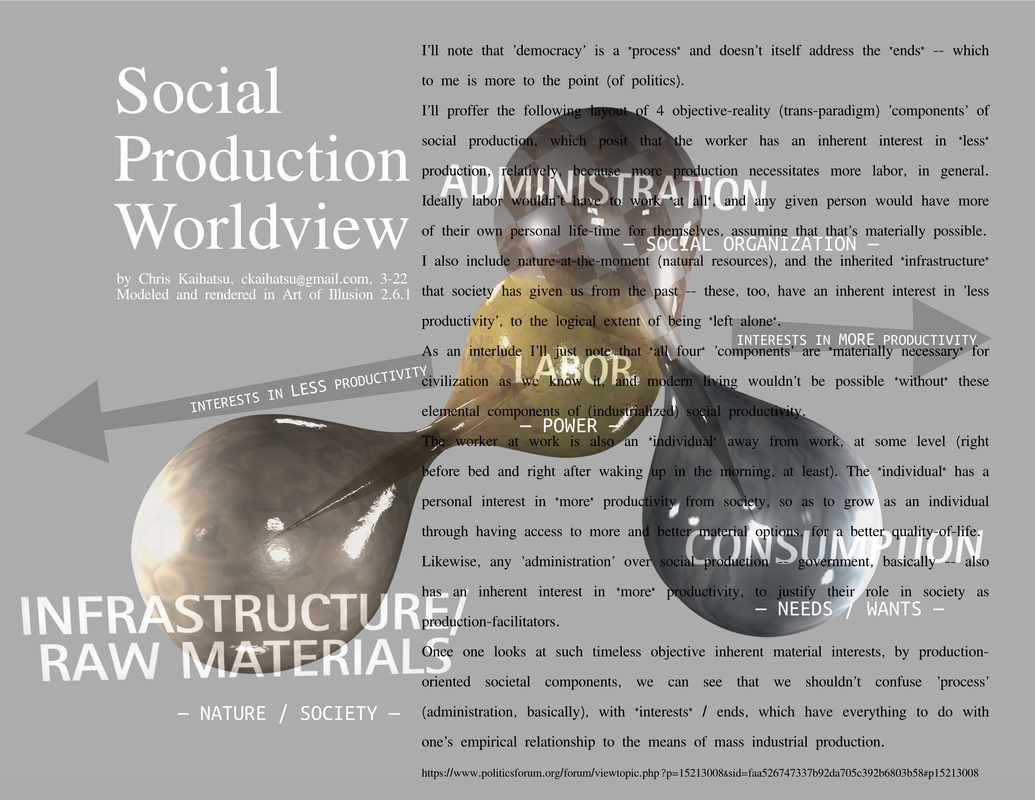- 29 Sep 2022 17:31
#15249034
Okay, *I'll* be the one to 'do the math' on that:
This makes no sense, of course, since employers are of the *equity capital* economic faction, and have interests in *cheap over-the-border labor* for their productive inputs, while you 'conservatives' are obviously of the *obverse* faction, that of *rentier* capital -- which extracts payments from *the pre-existing economy*, meaning that rentier capital is only a *draw* on new value-making (from both capital and labor), from actual new commodity production (using *equity* capital).
Since you're indicating that you're an economic *monetarist*, favoring *strong nationalist currency values*, then you'd rather the U.S. be one giant non-productive *fort*, at whatever expense.
That's the kind of national stance in world politics that leads into Trumpist *tariffs*, sanctions, protectionism, and even building more wall coverage, at 15+ billion dollars of cost. We were just there a few moments ago (in political time), and Trump's domestic policy regime has been soundly *repudiated*, hence the Biden presidency.
Puffer Fish wrote:
It has already been tried under Reagan. The problem was, amnesty was given, but the promise to stop the flow over the border was not carried through.
Because of that, conservatives are going to be extremely skeptical of ever making such a bargain again, not without some guarantees and power to enforce the bargain.
Drlee wrote:
Not "conservatives". Employers.
Okay, *I'll* be the one to 'do the math' on that:
[Employers] are going to be extremely skeptical [...] [because] the promise to stop the flow over the border was not carried through.
This makes no sense, of course, since employers are of the *equity capital* economic faction, and have interests in *cheap over-the-border labor* for their productive inputs, while you 'conservatives' are obviously of the *obverse* faction, that of *rentier* capital -- which extracts payments from *the pre-existing economy*, meaning that rentier capital is only a *draw* on new value-making (from both capital and labor), from actual new commodity production (using *equity* capital).
Since you're indicating that you're an economic *monetarist*, favoring *strong nationalist currency values*, then you'd rather the U.S. be one giant non-productive *fort*, at whatever expense.
That's the kind of national stance in world politics that leads into Trumpist *tariffs*, sanctions, protectionism, and even building more wall coverage, at 15+ billion dollars of cost. We were just there a few moments ago (in political time), and Trump's domestic policy regime has been soundly *repudiated*, hence the Biden presidency.














 - By Tainari88
- By Tainari88